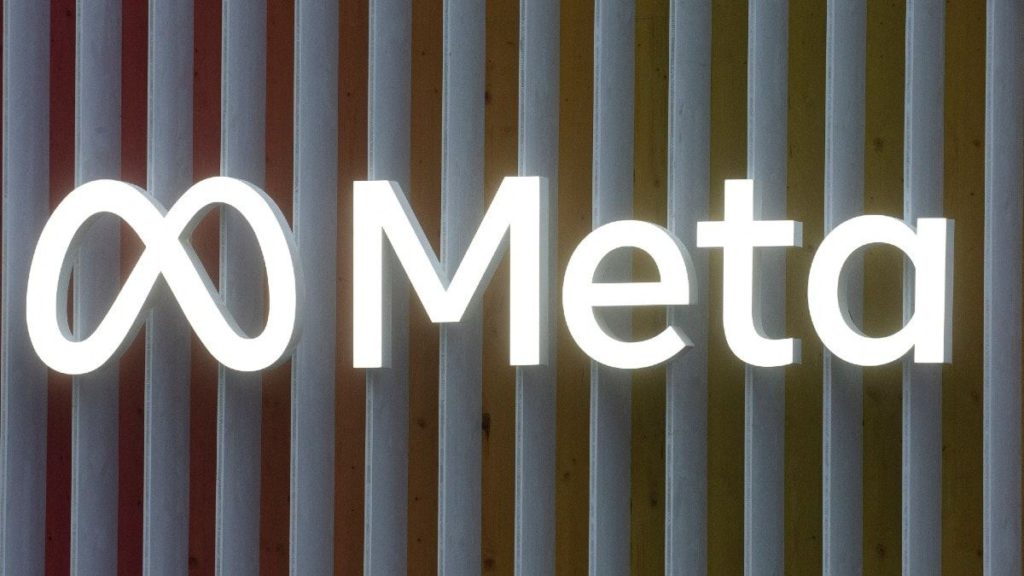Social media platforms have become an integral part of our lives. They enable users to connect, share information, and engage in various online activities. However, these platforms also collect vast amounts of user data, including personal information, preferences, and online behaviour. This information is provided willingly on social media platforms, but users are not fully aware of how their data is being utilised, shared, or monetised by these platforms to third-party entities. Data theft, as is it called, is a serious concern in the digital age, challenging the fundamental rights of those involved. In recent news, the EU has fined Meta over data privacy concerns, penalising the latter a hefty sum of 1.3 billion USD.

EU, Meta and the Case of Data Theft
The European Union on Monday fined Facebook owner Meta over the unauthorised transfer of Data to the United States. The fine amounted to $1.3 billion, the largest sum charge ever levied by the European Data Protection Board. Prior to this, the board fined Amazon a whopping $805 million in 2021 for mishandling and misusing data.
The case against Meta is a part of the decade-long battle against Facebook on where it stores its data and how it is a tool of mass surveillance often deployed by intelligence agencies. Max Schemer, filed a legal case against Facebook over a decade back, throwing light on the privacy breach by Facebook. Since then, the company has been under scrutiny over data.
Following the EDPB’s binding dispute resolution decision, Meta Platforms Ireland Limited was issued a 1.2 billion euro fine as a result of an inquiry into its Facebook service by the Irish DPA – the largest GDPR fine to date! Read all about it here: https://t.co/ti4iFMm73M pic.twitter.com/iJnKZNMp1x
— EDPB (@EU_EDPB) May 22, 2023
Since 2020, The Irish Data Protection Company, which works on behalf of the European Union, has been closely monitoring Meta’s transfer of personal information from the EU to the United States of America. This transfer has been in large volumes and systematic.
Also Read: YouTube Rolls Out New Features: Community Posts, Quiz Posts, and Live Shopping for all Channels
A huge fine of this nature will put the organisations in check and will make them more accountable to their users and hopefully reduce the cases of data theft. However, Meta has challenged this decision, calling it ““unjustified and unnecessary.”
Indian cases of privacy breach
Aadhaar Data Breach
Aadhaar, India’s biometric identification system, suffered a significant data breach in 2018. It was reported that the personal information of over 1.1 billion Indian citizens was available for purchase on the dark web.

Cambridge Analytica Scandal
The Cambridge Analytica scandal, which primarily affected Facebook users worldwide, also had repercussions in India. It was revealed that the data analytics firm Cambridge Analytica harvested the personal information of millions of Facebook users without their consent.

Hyderabad Cyberabad Police
In a piece of recent news, nearly 66.9 crores worth of data from 24 states including 8 metropolitan cities was stolen by an individual who was involved in storing and selling this data. This is said to be one of the biggest data thefts of our time.

There have been repeated cases of privacy breaches in India when data is concerned. Prominent organisations as well as Government bodies have been involved in this data mismanagement. Huge companies such as Oyo, Jio and Big Basket have also been involved in data stealing and selling, putting the safety and privacy of Indian citizens in a questionable state.
Some ways in which we can safeguard our data
- Reviewing privacy settings: Regularly check and update privacy settings on social media accounts to control what information is shared publicly or with specific individuals.
- Being cautious with personal information: Avoid sharing sensitive personal details (e.g., full address, phone number) publicly on social media profiles.
- Using strong passwords and enabling two-factor authentication: Protect accounts with unique and complex passwords, and consider enabling additional security measures like two-factor authentication.
- Being vigilant about third-party apps and permissions: Review the permissions granted to third-party applications and ensure they have a legitimate need for accessing personal information.
- Regularly monitoring account activity: Keep an eye on account activity, report any suspicious behaviour, and promptly change passwords if any potential compromise is suspected.

By understanding the risks, being proactive, and staying informed about data privacy best practices, individuals can mitigate the chances of falling victim to data theft or privacy breaches while using social media platforms.



